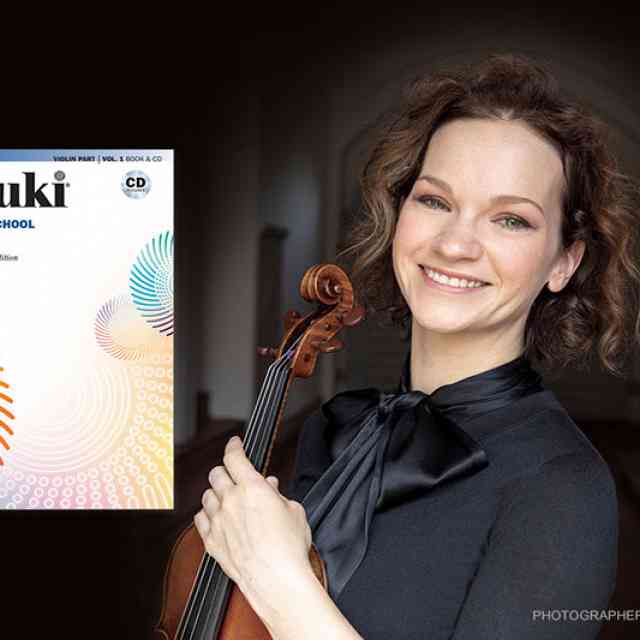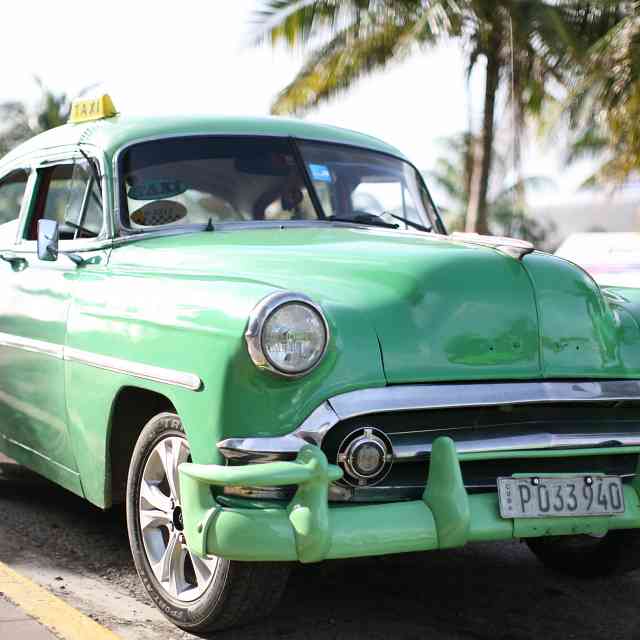Translated by Caroline Fraser
No one is born hating another person because of the color of his skin, or his background, or his religion. People must learn to hate, and if they can learn to hate, they can be taught to love, for love comes more naturally to the human heart than its opposite. – Nelson Mandela
The Suzuki Santiago–Camaquito Music Project is a program for preschool children held at the Conservatory Esteban Salas in Santiago de Cuba. Camaquito [http://www.camaquito.org/en/] is a Swiss NGO founded by Mark Kuster, whose goal is to help Cuban children by supporting diverse sociocultural projects, mostly in the eastern part of the country. This project demonstrates the diversity which is characteristic of the people of this island. Amongst the teachers, parents, and children there is a marvelous plurality of colors, which fills the group with pride as they work together in perfect harmony and integration.
Cuba, a multicultural society with strong origins in the Iberian Peninsula and the African continent, thanks to its social policies, decrees, laws, and changes in the economic structure implemented since 1959, has eradicated the scourge of racism at a structural level. Everyone has the same rights and opportunities, and any kind of discrimination is completely prohibited. Nevertheless, in the mentality of some people, unfortunately, there are still vestiges because of historically inherited patterns after 500 years of racist practices. The racial prejudices which some sectors of the population still demonstrate indicate that it is not enough to dismantle institutional racism in order to get rid of what is culturally accumulated: education is necessary.
The Suzuki project in Santiago de Cuba follows the vision of Dr. Suzuki: through music education develop better human beings, spreading tolerance, respect for diversity, and respect for all differences. Discrimination based on skin color, or any kind of physical or mental ability, has no place. The important values of the Suzuki philosophy are the paradigm of work for the children, and are the best investment the adults of today can make for the adults of tomorrow.
Music: the instrument we share in order to forge new human beings
The teachers working as a team on this project are SAA members and have been trained at the Festivals in Lima organized by the Suzuki Association of Peru. All children between the ages of three and six have access, and the only requirement we have is that a family member must be present during the individual and group lessons. They come from different areas of the city and are the children of housewives, doctors, teachers, musicians, hairdressers—workers and intellectuals, hoping to awaken a love of music in their children. We are inclusive without saying so, everyone is accepted; simply no “differences” exist, except that we work at each child’s pace.****
“I love working with Antony, a smart little boy,” says teacher Claudia; “We have to work a lot with Daniel, his mother tells me he has some physical-motor difficulty in his right hand,” explains the teacher Mayra. This is the only language possible in our meetings when we plan for the workshops and classes. The parents are very happy about the benefits which the method brings to their children: “I am happy because in this project my son is actually participating,” says Aroon’s mother, who is worried about his shy nature. “In our home, nobody had musical inclinations, but since we started to bring Aleanna here she says she wants to be a violinist,” comments the grandmother. “My son can’t wait for Saturday so that he can see his new friends,” Adriana’s mother tells us. Testimonies such as these show us that we are on the right path.
Educating the children about love, the principles of communication, friendship, and freedom of conscience and expression are the goals we are working towards with the implementation of the Suzuki Method in Cuba. The children, who are the hope of the world and who form the generation of the future, must grow up without learning hate or segregation. It is our responsibility as adults, parents and teachers, to show them an environment where there is no room for racial prejudice or discrimination.
Acknowledgements
The group of teachers of the Proyecto Suzuki Santiago de Cuba – Camaquito, thanks the SAA and CEO Pam Brasch for the help received since 2017. It has been a pleasure for us to have been supported by scholarships which made it possible to travel annually to the Festivals in Lima, Peru. We also want to thank most sincerely the Suzuki Association of Peru for opening the doors, assisting our professional development, and including us in Suzuki Latin America.
Bibliography
Romero Abanto, Evelyn Melina. Música y el desarrollo integral del niño. Artículo web
Thalía Fuentes Puebla, Dinella García Acosta. Programa nacional contra el racismo y la discriminación racial: “Yo creo en el color cubano.” CUBADEBATE








